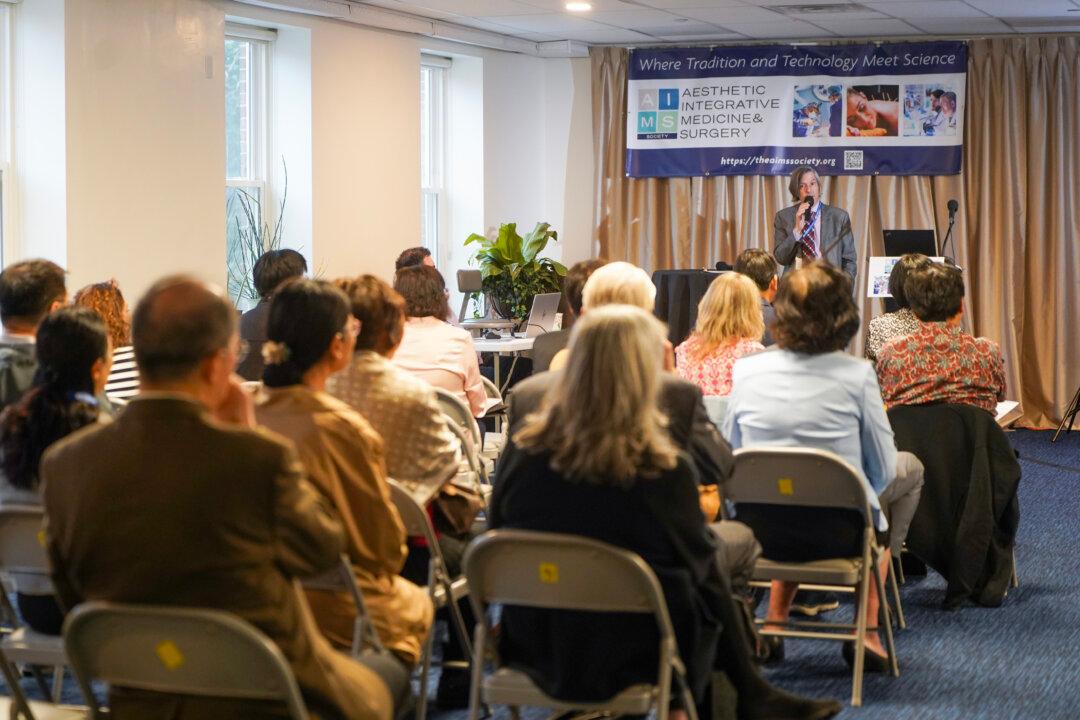A group of medical experts from different countries convened in Middletown, New York, over the past weekend to reimagine beauty beyond conventional cosmetic medicine.
It was the first symposium hosted by the Aesthetic Integrative Medicine and Surgery (AIMS) Society, a new interdisciplinary medical community dedicated to helping patients obtain genuine beauty.





